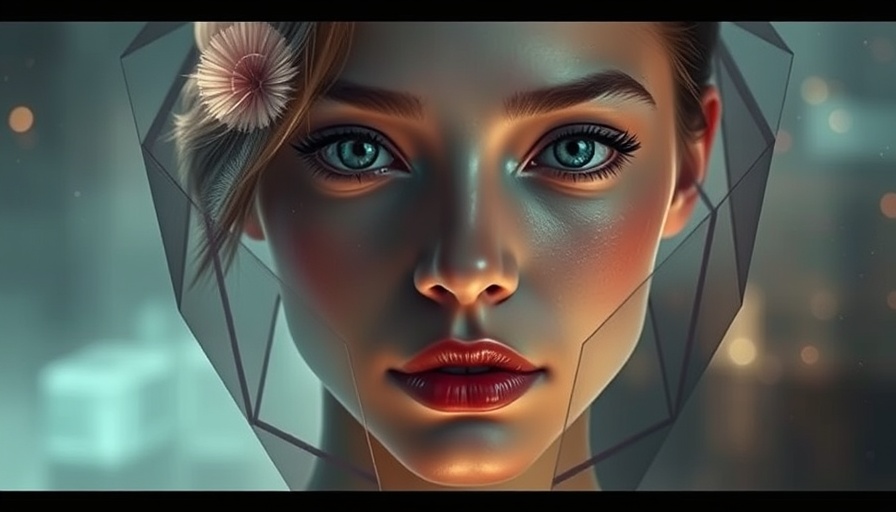
The Dawn of a Quantum Composed Era
As music enthusiasts and tech aficionados alike listen intently, Moth, a UK-based tech startup, has pioneered the world’s first song crafted by a quantum computer and generative AI. The release, titled "Recurse," showcases a collaborative effort with British electronic artist ILĀ and symbolizes a significant leap into an uncharted auditory landscape, illustrating how technology can redefine creativity in the digital age.
Breaking Down "Recurse": A New Musical Context
Musically, “Recurse” encapsulates elements that echo the inexplicable beauty of deep space, forming a soundscape that might resonate with extraterrestrial beings. It represents not merely a novelty but a transformative moment where quantum computing meets artistic expression. The track is available on major streaming platforms, allowing audiences to dive into this unique auditory experience anytime.
Turning the Page: Quantum AI's Role in Creative Evolution
Moth’s initiative highlights the symbiotic relationship between human creativity and technological innovation. Dr. Ilana Wisby, the CEO of Moth, emphasizes that this venture doesn’t replace artists but enhances them, offering tools that inspire rather than overshadow the human element. The approach distinguishes itself from traditional models reliant on vast data; instead, it hones in on specific artist outputs to create new pieces, showcasing the nuanced potential of AI in music creation.
The Future of Music in Quantum Computing
Looking ahead, the implications of Moth's innovations extend beyond mere music production. As generative AI continues to evolve, the potential for quantum machine learning in various creative domains is immense. With the ability to discern intricate patterns, it holds promise for artists and businesses alike—transformations might include personalized content creation or entirely new genres tailored to audience preferences.
Exploring the Architecture of Quantum Creativity
The production of “Recurse” employed Quantum Reservoir Computing (QRC), a method within quantum machine learning that enables AI to learn complex patterns with unprecedented efficiency. This alignment suggests a new paradigm where technology becomes an integral part of the artistic process, highlighting the unique benefits of collaborative innovation where creativity flourishes, undiminished by the encroaching digital landscape.
In collaboration with renowned Brazilian composer Eduardo Reck Miranda, known for his extensive research in computational creativity, Moth is setting a precedent that not only revolutionizes the music industry but also shapes the conversation around the ethics of AI in artistic domains.
As leaders in digital transformation witness these advancements, it raises critical questions: Are we ready to embrace creative partnerships with AI? How will businesses adapt to a future where technology becomes a co-creator? The answers may very well inform industry standards as the lines of creativity blur further.
 Add Row
Add Row  Add
Add 




Write A Comment